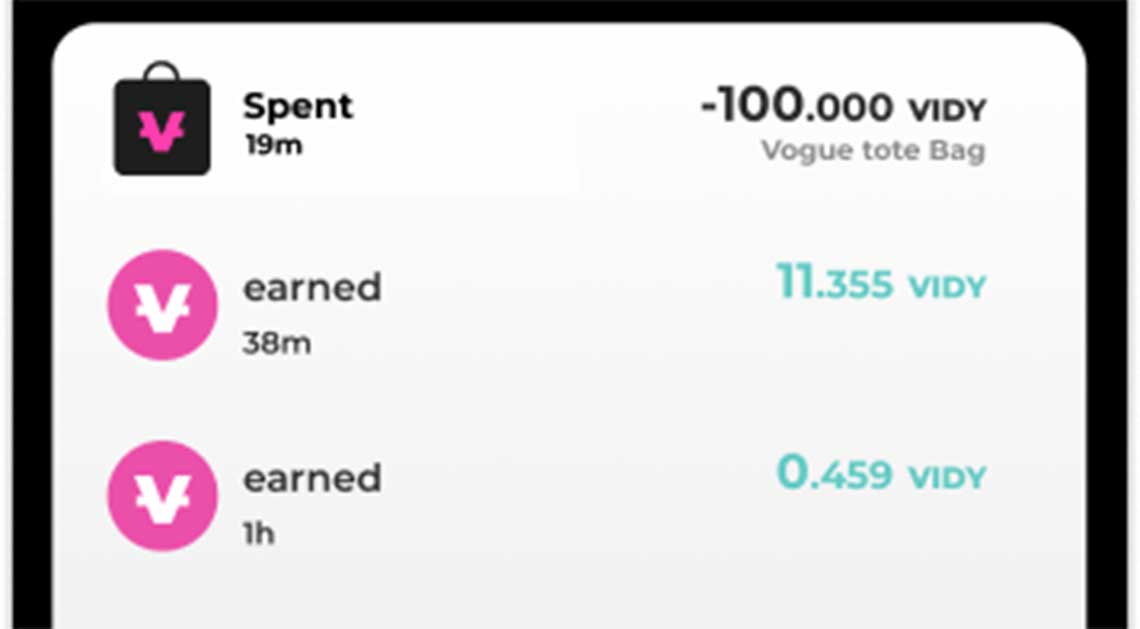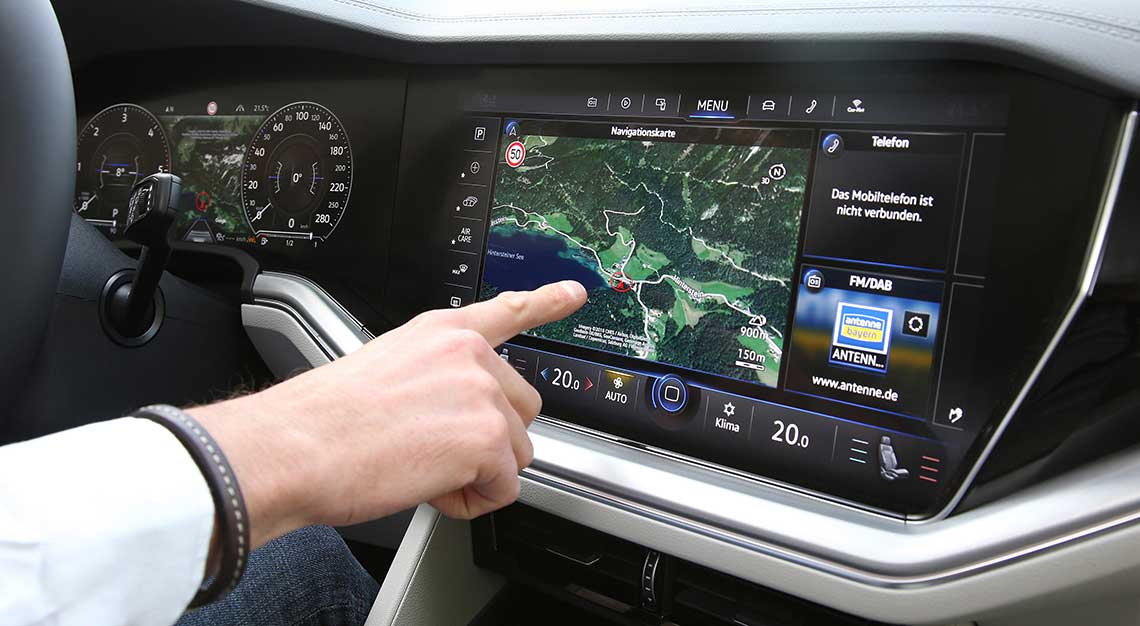We speak to Matthew Lim, CEO and co-founder of blockchain-powered digital advertising platform Vidy on how perseverance and constant reinvention is his key to success.
In the second of a two-part series brought to you by Volkswagen Singapore, Robb Report Singapore talks to Matthew Lim, the founder and co-CEO of Vidy, a blockchain-powered digital advertising platform.
The five-year-old tech company has also recently launched its own cryptocurrency, VidyCoin. This can be earned while watching videos on the Vidy platform and redeemed for a range of goods or services both online and offline.
As with the new Volkswagen Touareg, Lim’s venture Vidy, it’s successfully harnessed technology to give it an edge over the competition. This takes the form of an adaptive cruise control system that can turn grinding through stop-and-go city traffic a breeze to the advanced Innovision Cockpit that can display critical driving information or navigation directions.
Although even with the right tools on your side, that’s not any guarantee of success, with the Touareg having steadily built up its reputation since 2002 as Volkswagen’s flagship premium-beating flagship through the sheer effort of the German carmaker.
It’s a similar story with Lim and Vidy, despite his success in such a short time, being an entrepreneur is difficult, but being an entrepreneur in the digital space, with its millions of offerings and infinite possibilities is even more difficult. It’s a challenge Matthew Lim readily admits, and indeed, relishes.
Before we go any further, we should begin by saying that prior to founding Vidy in 2015, Lim had no experience in tech entrepreneurship, or even entrepreneurship in general, for that matter (a similar story to the Touareg, as prior to its introduction Volkswagen had never made a full-sized SUV). He was, in fact, a banker with an international financial institution, and even more unusually he left the sector when it was at its peak, with billions of dollars changing hands.



Said Lim, “Things were going great, but there was always something distracting me. My own entrepreneurial instincts meant that I was never going to work for someone forever.”
Despite having the determination to strike out on his own, Lim is the first to admit the process is far from a walk in the park.
“You know, when people say a startup isn’t easy. I know it sounds cliched, but a lot of it is just perseverance and never giving up,” said Lim.
Lim is also quick to credit his partner and co-founder at Vidy, Patrick Colangelo. He describes Colangelo as extremely intelligent, easy to talk to and someone who “just gets it”.
Still, in the early years, said Lim, on Vidy’s efforts in integrating its auto-playing videos/advertising on editorial platforms, he faced some resistance from publications, who were initially skeptical owing to his lack of experience in the media space, something he’s also facing now with the launch of VidyCoin, its aforementioned cryptocurrency.
“Most people would just say, ‘oh it’s too difficult’, and just give up,” said Lim. He asserts there really is no shortcut to making it as a startup. Even if you have a great product as Lim has, a huge part of it involves “knocking on doors” and “just trying”.
Needless to say, Lim isn’t quite done with Vidy, and the way he describes it, it’s still very early days yet.
“The grand vision has always been to create the Vidy ecosystem. There’s the users of course, the publishers [media owners], the advertisers and lastly, the commercial element. A user watches a video, they swipe up and are then able to interact with a brand, make a purchase or interact via their social media channels. Everything combined into one seamless platform,” Lim explained.
“Right now, there isn’t anything like that available. You have to download multiple apps, log into multiple accounts. But if our [Vidy] script is implemented across web pages in the future, everything is connected – you can watch videos, interact with brands and even spend VidyCoin,” Lim continued.


Lim also spoke about potential challenges facing VidyCoin. “People who don’t understand cryptocurrency still fear it, that it’s speculation, that it’s a scam. Every industry has its bad actors, but we have to convince people that it could be a total game-changer for its users. And of course, getting merchants to accept cryptocurrency as a form of payment.”
However, even the best-laid plans or grandest visions are nothing if not tempered by the ability to adapt, and Vidy is no different. The ongoing pandemic knocked everyone for a loop, and while Lim admits it didn’t hit Vidy as hard as it did others, he does see some opportunity to be had.
“Right now, a lot of publishers are starting to take digital a lot more seriously. When you start getting deeper into it, you need to start thinking of new tools to allow you to engage your clients or add value to brands,” he said.
Lim stated: “Because we are so new, nobody does what we do.”
It would seem, then, that Vidy is well-placed for the future, since it has a significant first-mover advantage, though Lim is equally quick to not solely rely on that fact.
“As a first mover, you have certain advantages, but that also comes with certain drawbacks. If a second Vidy were to come along, they save the trouble of going through the initial education and pitching. If someone were to copy what we do, and do it better, they’re going to overtake us if we don’t innovate,” Lim said.
Knowing Lim, and his ability to completely reinvent himself, going from a banker to a tech entrepreneur in less than a decade, we have full faith he’ll be able to reinvent himself – and Vidy, too – again if the need arises.
And that’s pretty much Vidy in a nutshell, on the cutting edge of technology with innovative solutions to seemingly old, intractable problems. Just like the Volkswagen Touareg, really.






